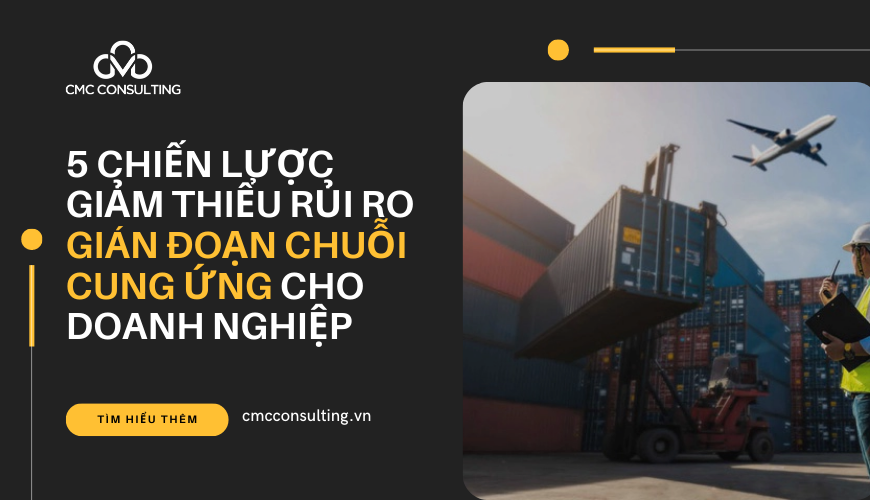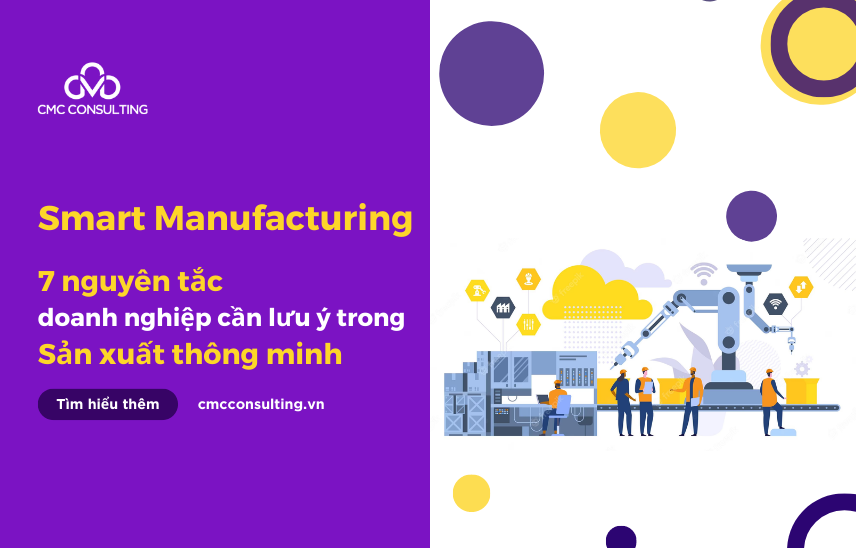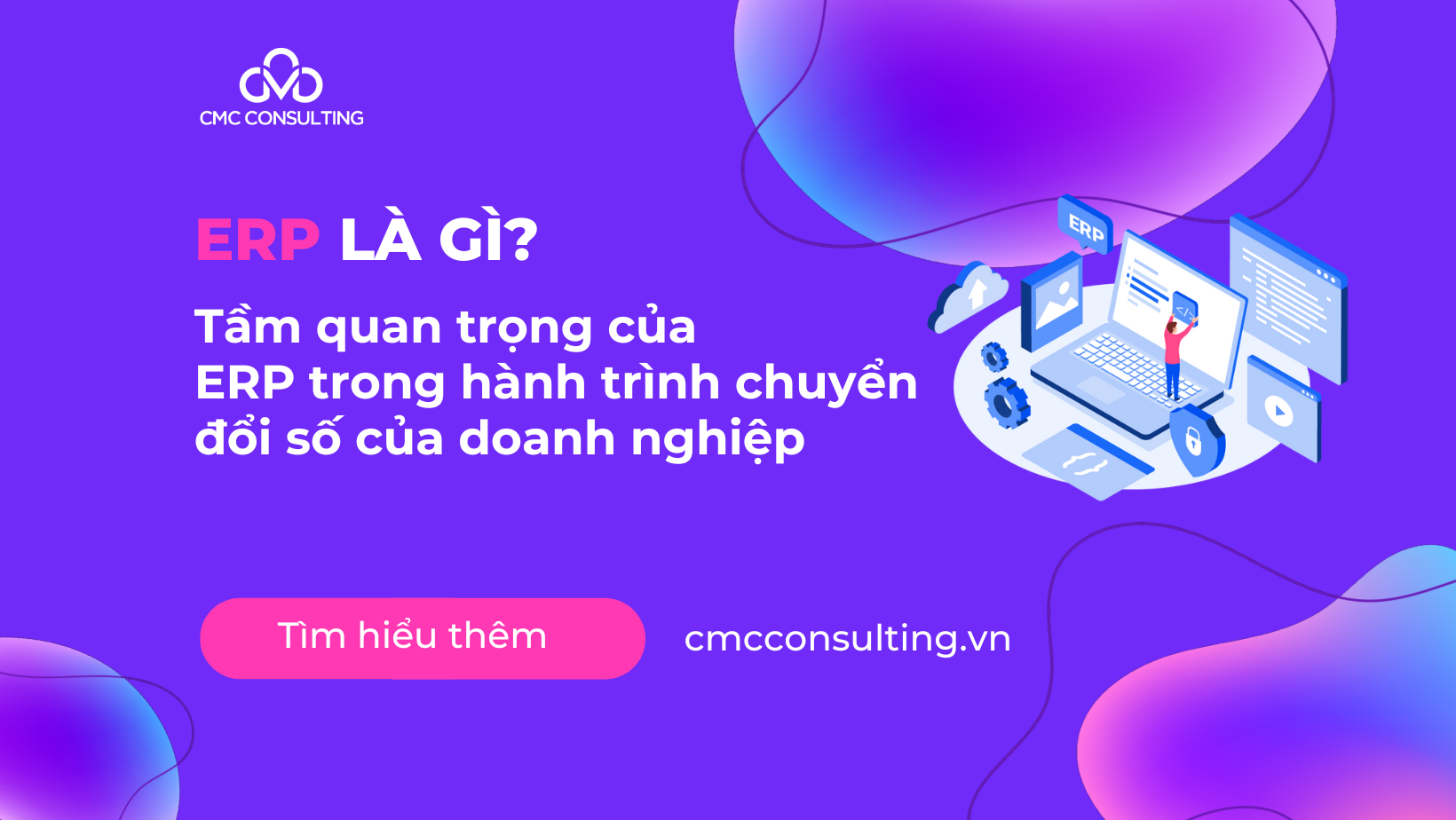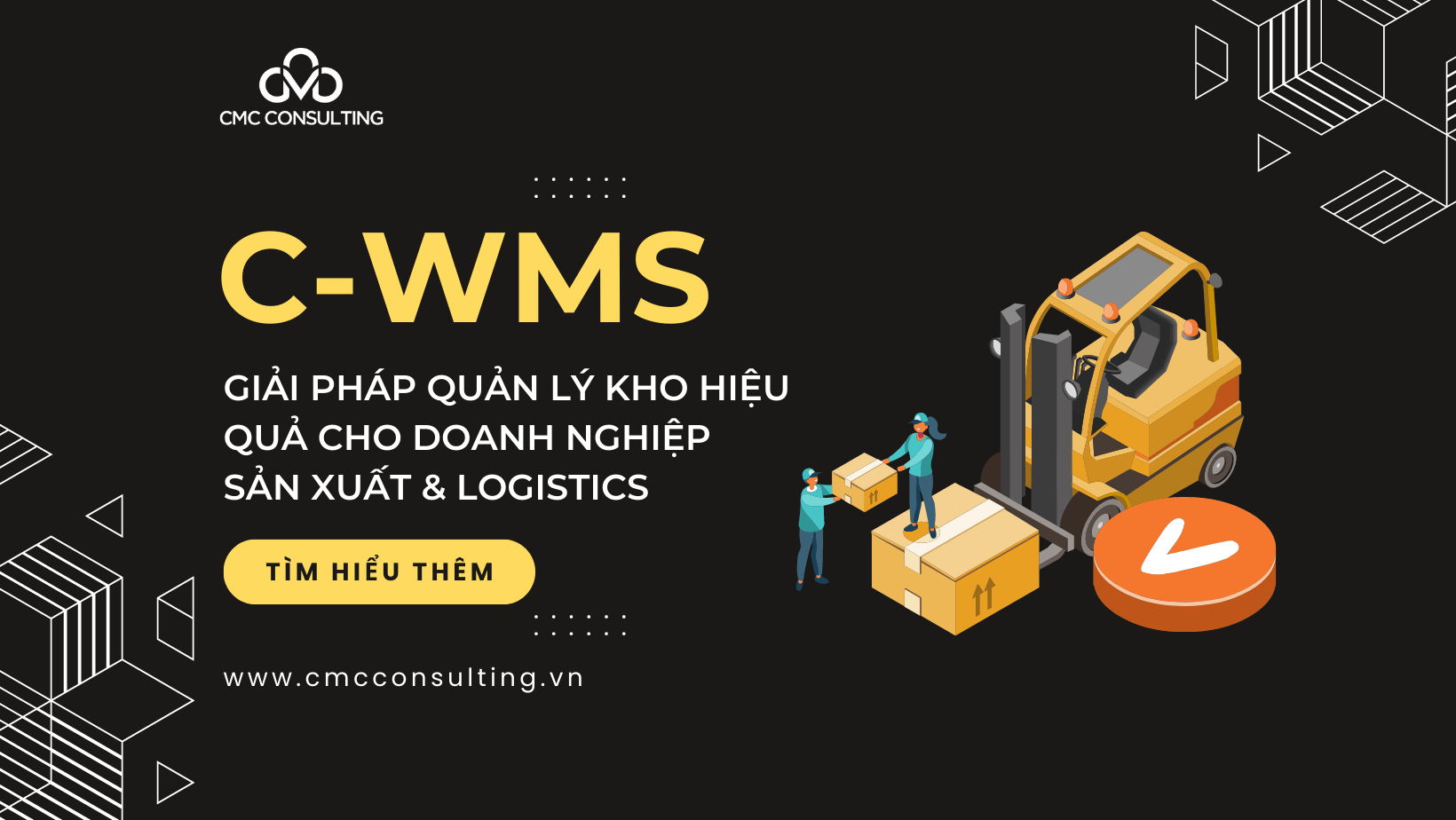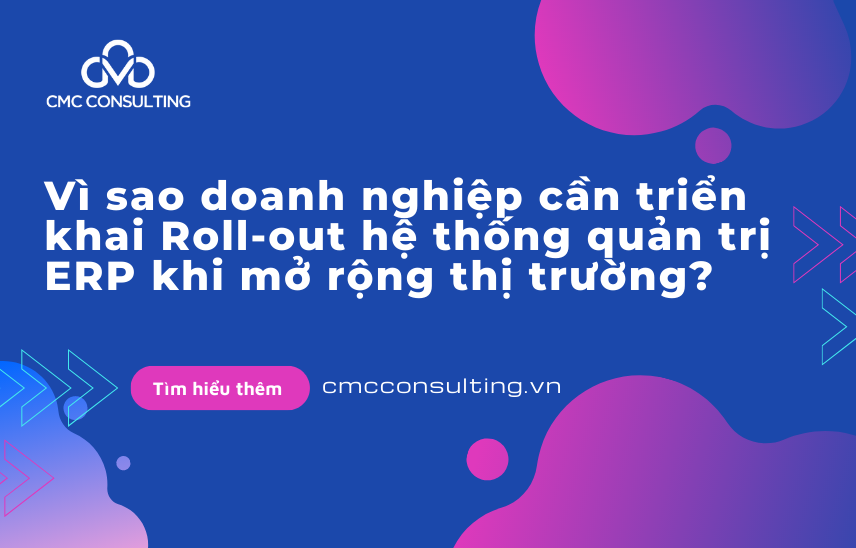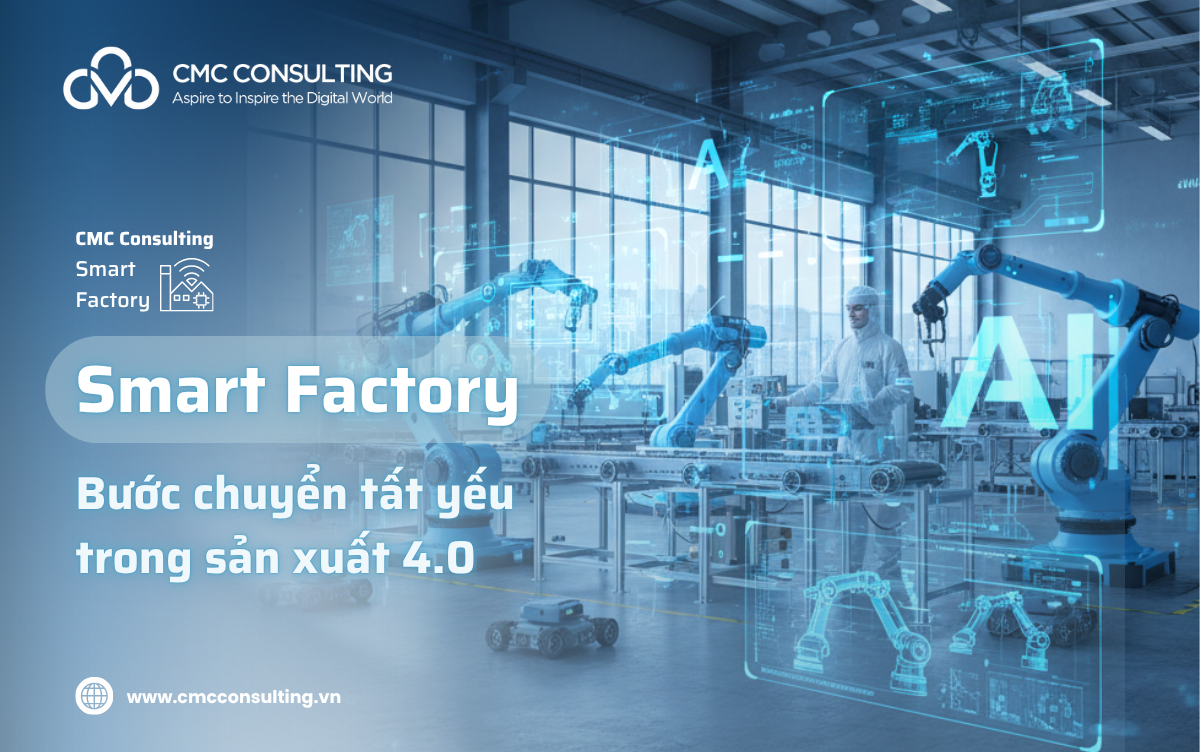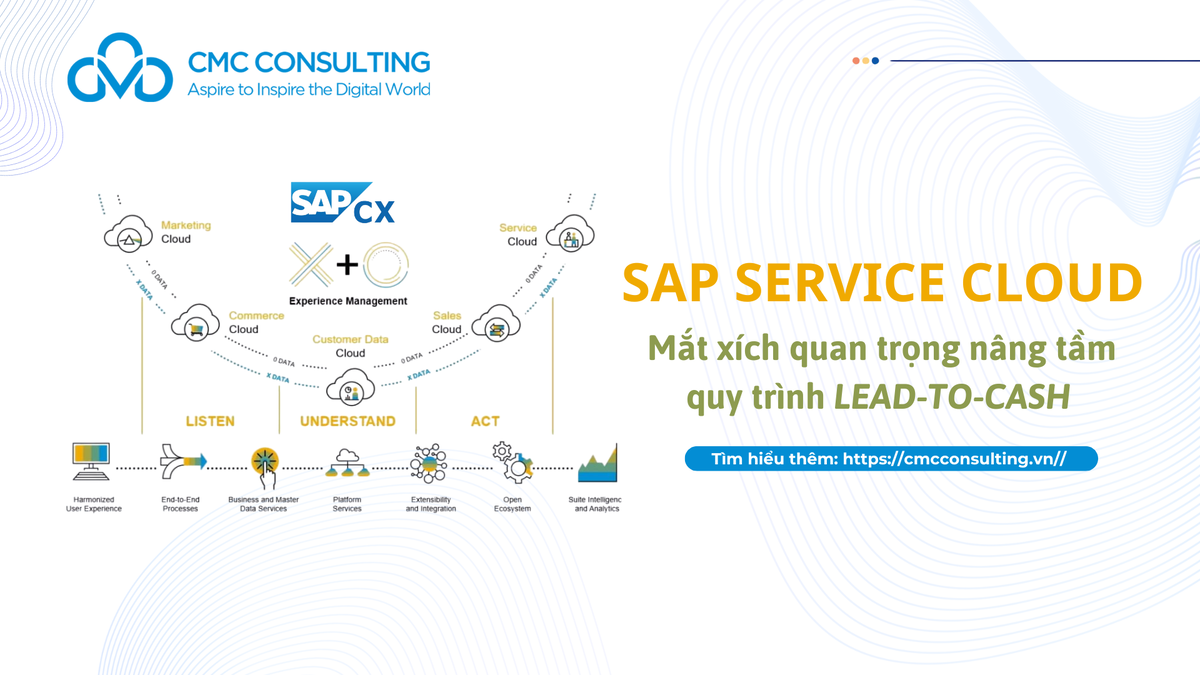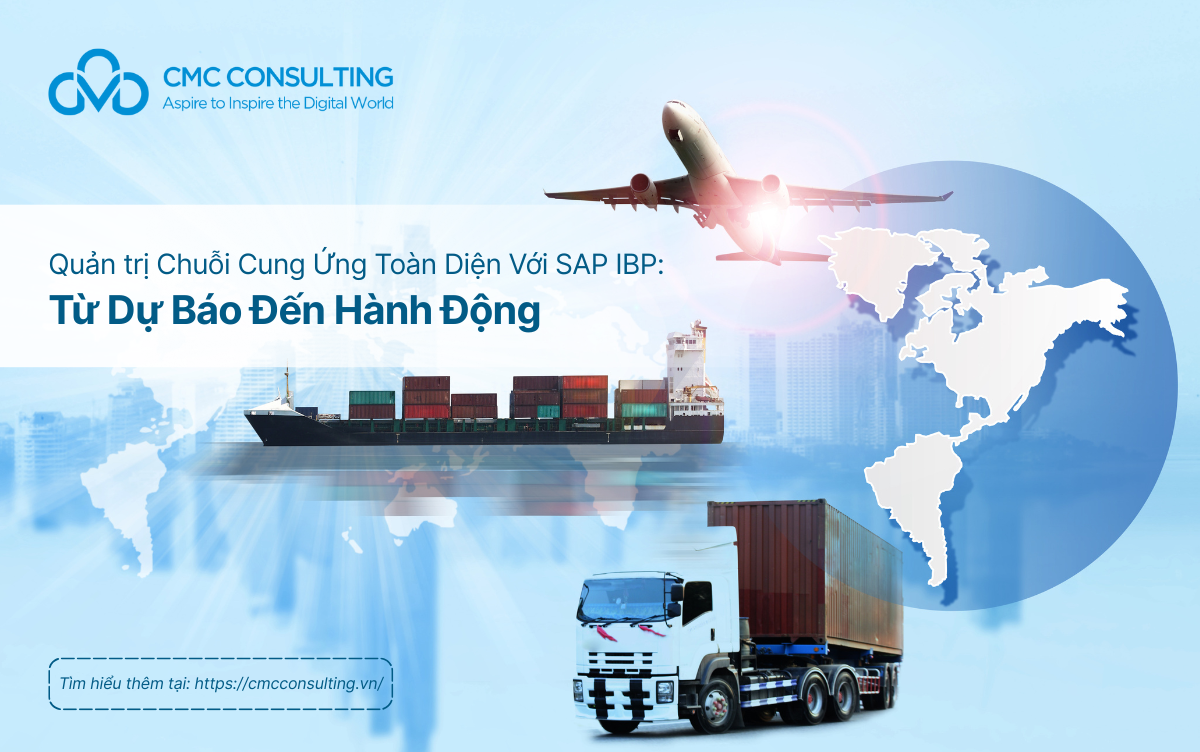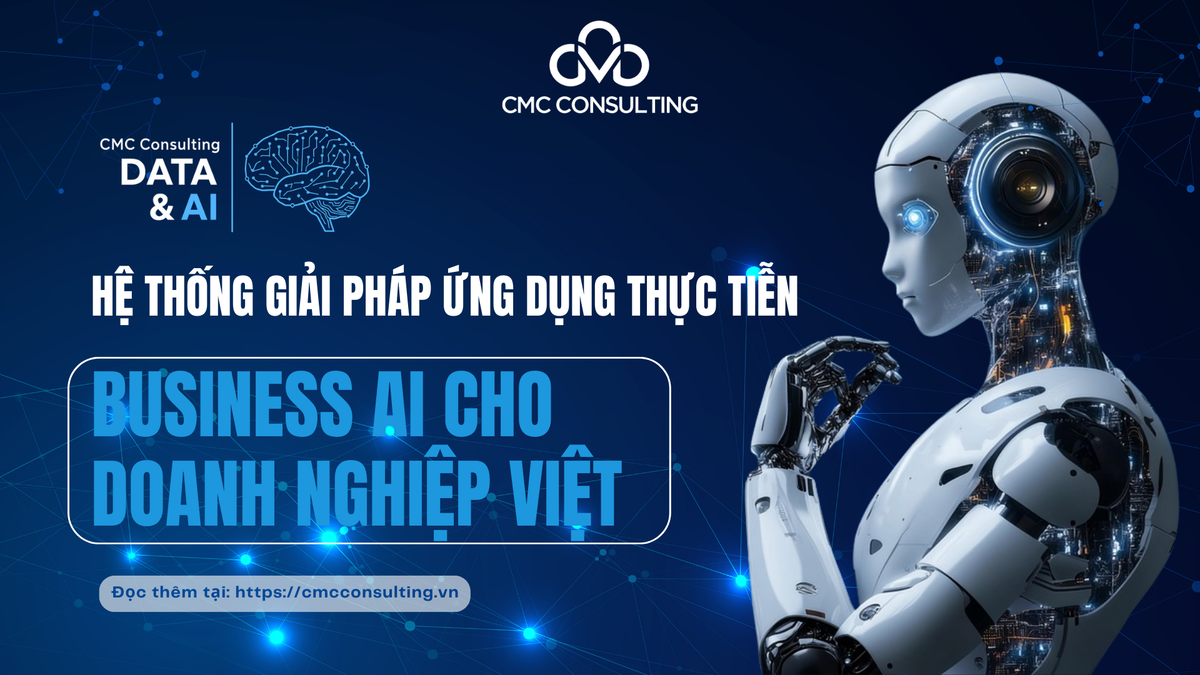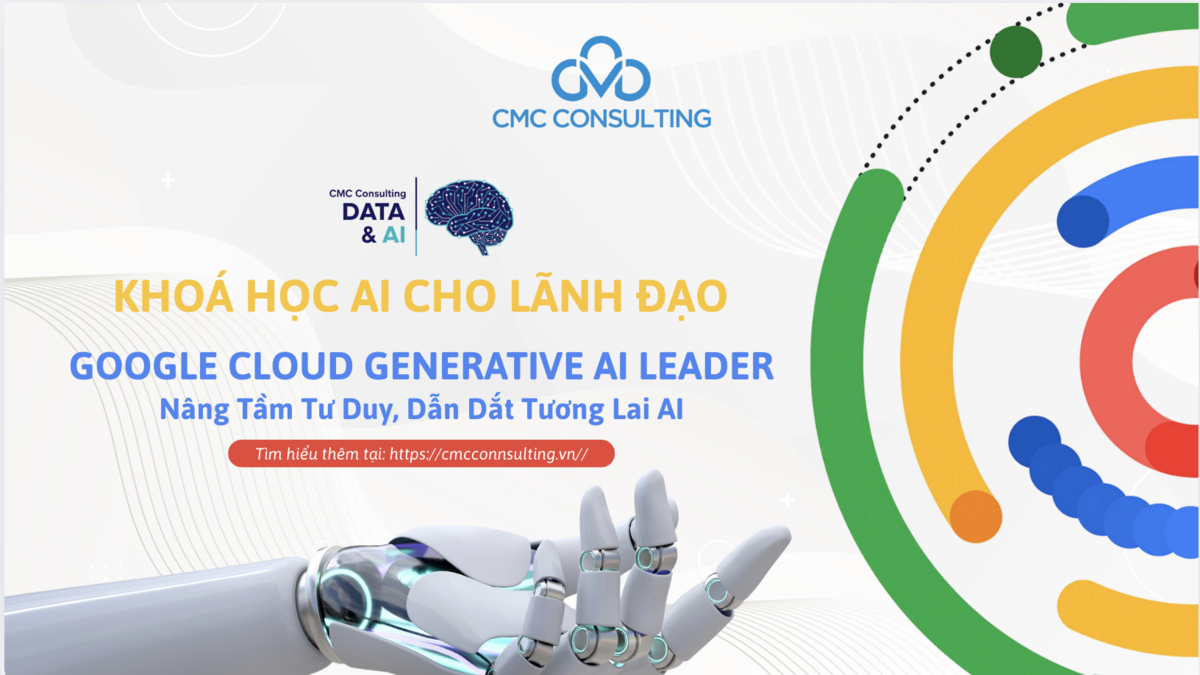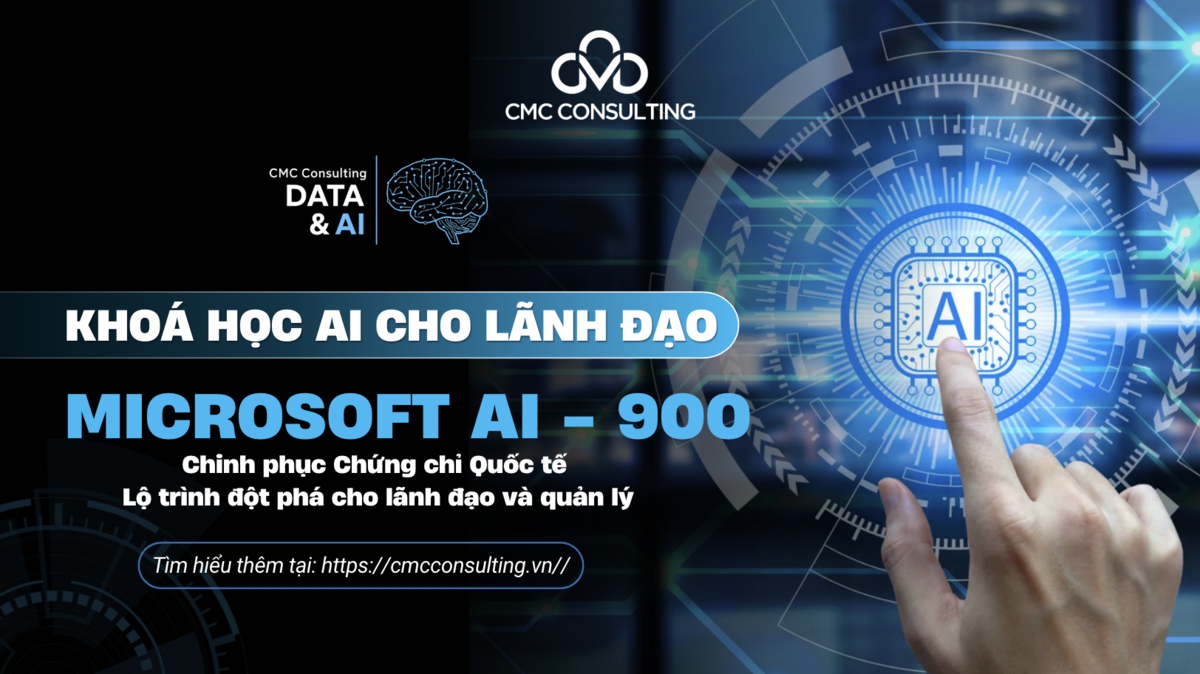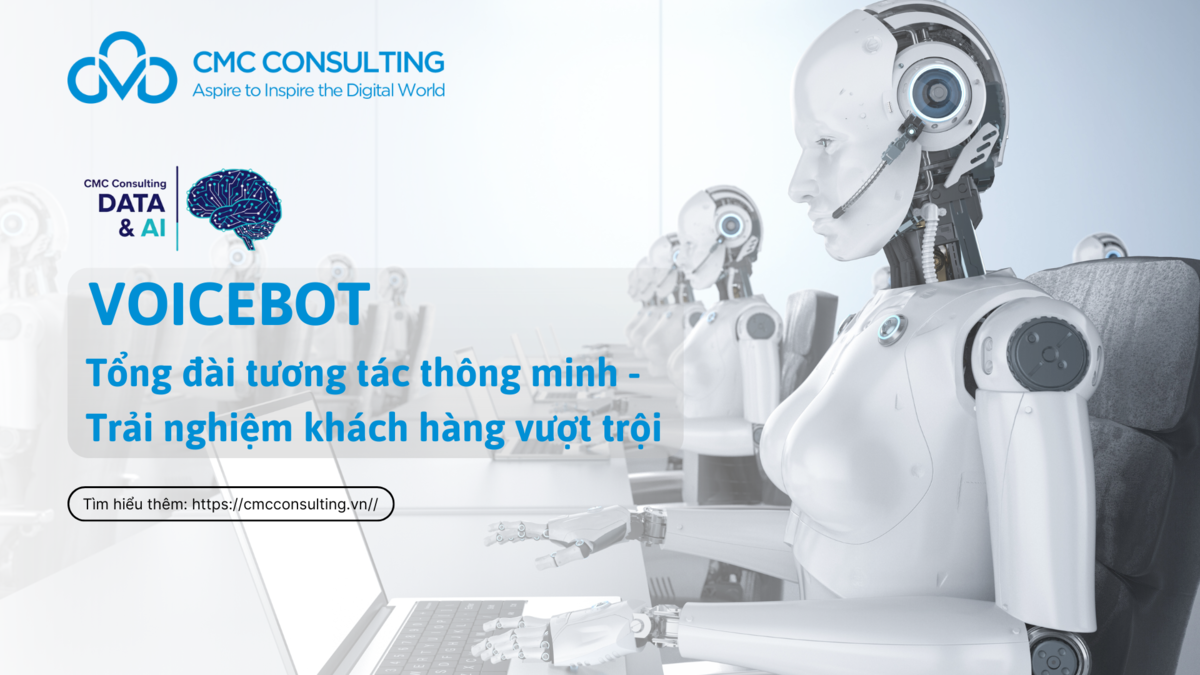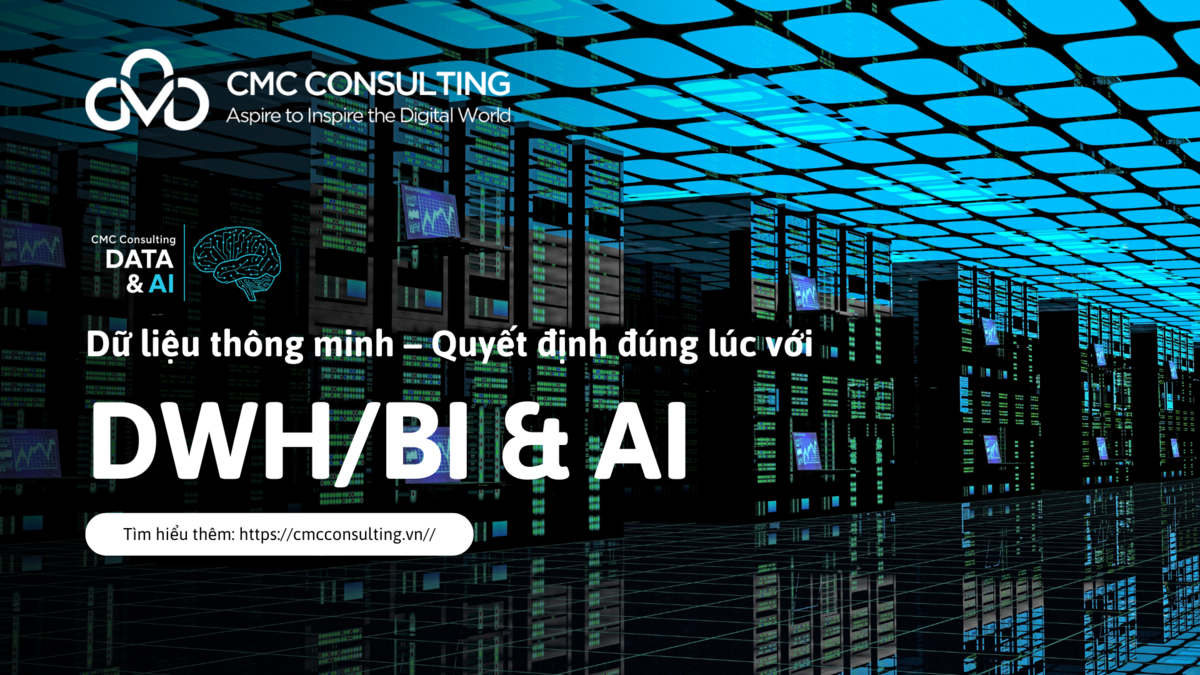The integration of the Internet of Things (IoT) and Enterprise Resource Planning (ERP) systems is not just a future concept, but a reality that is transforming how businesses manage their operations, resources, and data. IoT, with its ability to connect and collect data from a multitude of devices, is propelling ERP beyond its traditional role, making it a powerful tool for businesses to optimize operations and make more accurate decisions. Let's explore how IoT and ERP are shaping the future of enterprise management.

1. IoT & ERP: Combining Strengths, Optimizing Operations
The Internet of Things (IoT), or the "Internet of Everything," is a network of devices connected via the internet, equipped with sensors to collect, exchange, and report data. IoT is not only present in smart homes but is also widely applied in various industries. For instance, in factories, IoT sensors can monitor the operating status of machinery, helping predict and prevent failures. In warehouses, IoT enables efficient inventory management, ensuring sufficient stock to meet customer demand.
Enterprise Resource Planning (ERP) is a comprehensive software solution, serving as the "brain" of a business. ERP helps connect and automate core business processes, from accounting, purchasing, project management to supply chain operations. This provides businesses with a comprehensive and accurate overview of their operations, thereby enhancing their ability to adapt to the market and make quick, effective decisions.
The groundbreaking combination of IoT and ERP not only revolutionizes how businesses operate but also reshapes the landscape of ERP software. By leveraging the vast connectivity and data management capabilities of IoT, ERP systems are becoming more intelligent, efficient, and adaptable to the ever-changing business environment. With real-time data collection capabilities, IoT provides instant data on all aspects of operations, from production to logistics, enabling businesses to utilize ERP for faster and more effective decision-making. This integration not only enhances operational efficiency but also opens up new opportunities for businesses in the digital age.
 2. Unmissable Benefits of Integrating ERP and IoT
2. Unmissable Benefits of Integrating ERP and IoT
- Enhanced Connectivity and Data Exchange: IoT delivers real-time data from devices and sensors directly to ERP systems. This allows managers to have a comprehensive and accurate view of business operations, leading to more timely and effective decisions.
- Tracking and Monitoring: IoT enables real-time tracking and monitoring of processes, assets, and business activities. For example, in manufacturing, IoT sensors can monitor machine conditions, predict failures, and automatically schedule maintenance. In supply chain management, IoT can track the location and condition of goods, optimizing transportation and delivery.
- Process Optimization and Automation: Data from IoT helps businesses identify bottlenecks, inefficiencies, and automation opportunities in business processes. By automating repetitive tasks and optimizing processes, businesses can reduce costs, increase productivity, and improve product/service quality.
- Enhanced Customer Experience: IoT provides data on customer behavior and preferences, helping businesses personalize experiences and provide better services. For instance, retailers can use data from IoT sensors to track customer shopping behavior and send relevant product recommendations.
- Forecasting and Analysis: Combining IoT data with ERP's analytical capabilities allows businesses to forecast demand, market trends, and other factors. This helps businesses plan production, manage inventory, and make more informed business decisions.
 3. Trends in IoT Applications in ERP
3. Trends in IoT Applications in ERP
The integration of IoT and ERP promises to usher in a new era of intelligent enterprise management. Let's explore some key trends and examples in this rapidly evolving field:
- Predictive Maintenance: With IoT sensors integrated into machinery and equipment, ERP systems can collect real-time data on operating conditions, thereby predicting potential failures in advance. This allows businesses to proactively plan maintenance, minimize unplanned downtime, and save on repair costs.
- Remote Equipment Monitoring: For businesses with multiple branches or operating over a wide area, remote equipment monitoring and management is a major challenge. IoT addresses this issue by providing data on equipment performance and status from anywhere, anytime. This enables businesses to quickly detect and resolve issues, ensuring continuous and efficient operations.
- Smart Inventory Management: IoT has revolutionized how businesses manage inventory. Through the use of technologies like smart shelves and RFID tags, ERP systems can automatically update inventory levels, track the location of goods in real time, and issue alerts when replenishment is needed. This helps businesses optimize inventory levels, minimize stock outs or overstocks, and enhance supply chain efficiency.
- Supply Chain Optimization: IoT provides detailed data on the entire supply chain, from the manufacturer to the consumer. This data includes information on the location, condition, and temperature of goods during transportation. As a result, businesses can optimize routes, predict and resolve arising issues, ensuring goods are delivered on time and in optimal condition.
The integration of IoT and ERP is not just a trend but a step forward in modern enterprise management. This combination offers the ability to optimize operations, improve efficiency, and make decisions based on accurate data, helping businesses adapt quickly to the ever-changing business environment. Implementing IoT into ERP systems is not only a smart investment but also the key for businesses to seize opportunities and navigate the digital transformation. The intersection of IoT and ERP software is sure to play a pivotal role in shaping the future of enterprise management.




 CMC Consulting
CMC Consulting 26/06/2024
26/06/2024
 2. Unmissable Benefits of Integrating ERP and IoT
2. Unmissable Benefits of Integrating ERP and IoT 3. Trends in IoT Applications in ERP
3. Trends in IoT Applications in ERP
